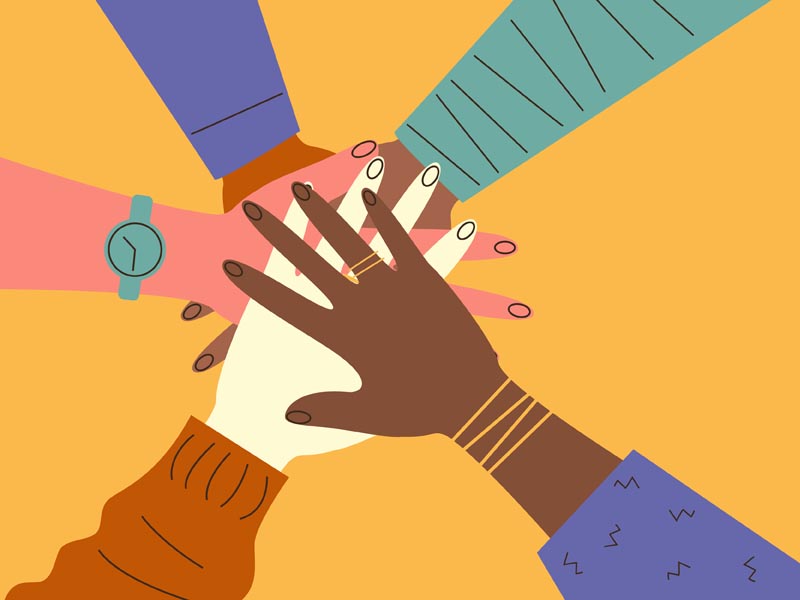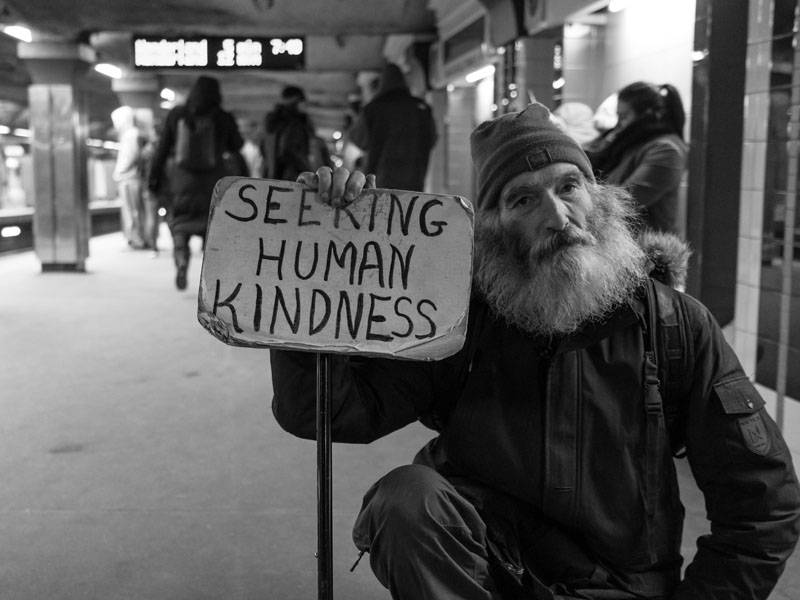Leadership for the Greater Good:
Global Thought Leaders Explore Today's Challenges
ILA’s blog launched in March 2020 amid a world struggling to make sense of the pandemic, racial inequality, and challenges to democracy. We charge our bloggers to apply their leadership knowledge and practical wisdom to inform and inspire us as we continued our work of advancing leadership knowledge and practice for a better world. Bloggers include authors from 12 countries spanning 5 continents.

If you find these reflections to be of value in your work and life, please consider becoming part of ILA’s leadership community. Join Today!

Jacinda Ardern and the Challenges of Leadership
What can former Prime Minister Jacinda Ardern’s leadership of New Zealand reveal about the complex mix of authenticity, transparency, and masking that all leaders must grapple with? ILA Fellow Suze Wilson explores this question and more.

Barbara Kellerman on Women & Leadership
ILA Lifetime Achievement Award Winner, Dr. Barbara Kellerman, shares some of her latest thinking on women and leadership by reflecting on Ursula von der Leyen’s leadership of the European Commission and on the neuroscience of pregnancy.

The Leadership of Elizabeth Holmes: Lessons From the Dark Side of Silicon Valley
ILA Fellow, Professor Dennis Tourish, analyzes the leadership style Theranos CEO Elizabeth Holmes used to conceal her fraud from employees and silence dissenters. He concludes with lessons for leadership applicable to any business.

Rise of the Machines
ILA Fellow, Professor Richard Bolden, asked ChatGPT-4 to identify the top implications of AI for leadership. Bolden shares the generative AI’s response as well as some general principles leadership professionals can lean into to help mitigate the risks of AI.

Calling Purpose to You
Organizational purpose is important, but calling a purpose is distinct from striving to reach a purpose. You need what ILA Fellow Dr. Chellie Spiller calls a “Zenith Orientation.”

Leading the Counter-Resistance: Rhetorical Tropes in Defense of Privilege
Using contemporary and historical examples, leadership expert Keith Grint deconstructs the top ten rhetorical tropes leaders use in defense of the indefensible.

Leadership Concerns Us in the Plural
In honor of International Women’s Day, Dr. Rita A. Gardiner reflects on suffrage movements around the world, the need for camaraderie and abiding friendships to help propel social movements forward, and how social movements demonstrate that leadership concerns us in the plural, not I in the singular.

Leaving Leadership
ILA Fellow Richard Bolden delves into what the surprise resignations of Nicola Sturgeon and Jacinda Ardern reveal about today’s toxic leadership contexts, what it means to be a “strong leader,” and how leaders transition out of their roles.

What Just Happened in UK Politics?
Richard Bolden reflects on the recent turmoil in UK politics from the perspective of a leadership researcher and educator, considering the case from the individual, organizational, and societal perspectives.

The War in Ukraine & Leadership as an Essentially Contested Concept
In order to stop the war in Ukraine, we have to understand why different people have radically diverse understandings of what’s happening. In this blog, ILA Fellow Keith Grint examines how the war is not just about land or people or history, it is about our understandings of leadership.

A Systems Approach to Tackling Severe and Multiple Disadvantage
ILA Fellow Richard Bolden discusses his work leading an independent evaluation of Bristol Golden Key, a collaborative partnership project designed to transform services for people with multiple complex needs such as homelessness and substance misuse. His research reveals how seven key aspects of the program helped to facilitate systems change.

Leading From Stillness
Leaders can learn to lead from a place of stillness – recognizing their own potential to react to situations and seeking to be free of clouded judgement by remaining open and aware of what is happening.
